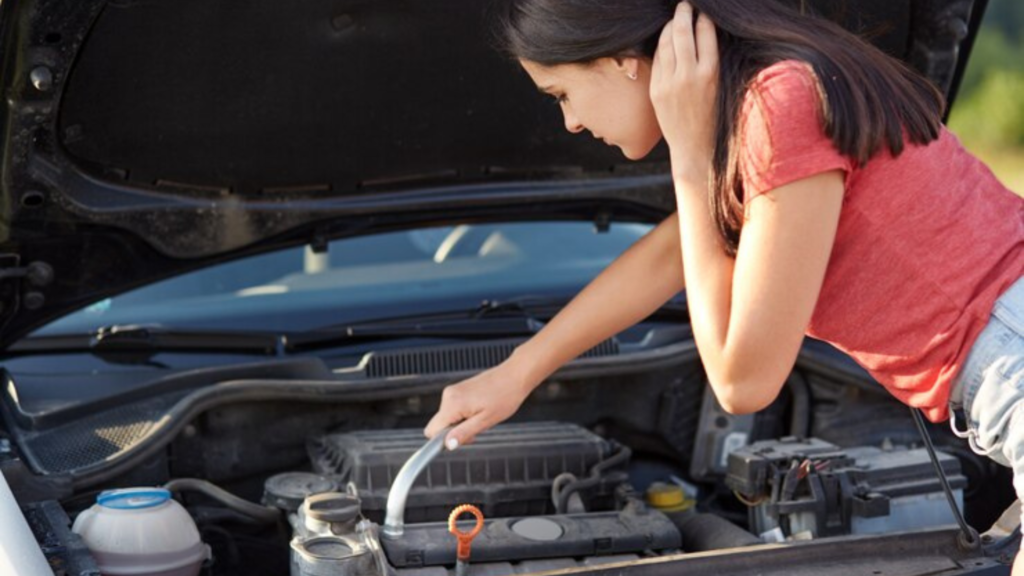- Get link
- X
- Other Apps
Many years ago, proponents of different kinds of engines debated a lot. Diesel passenger cars were prevalent in goods and passenger transportation sectors and much sought after in the past due to fuel economy. While there were certain issues during the cold season, diesel engines attracted a lot of enthusiasts and market share was knocked at the door of 10 percent of the whole market. Given the trend toward zero engine sales today, the scenario is not good for diesel engines now. This is so because this kind of engine was not very popular among home producers.
Furthermore, those Chinese companies who have grabbed the market did not wish to employ diesel engines as well due of the unique features of the local market conditions, advises NJcar. With rare exceptions, this has virtually forced the diesel cars off the Russian market. Consequently, diesel engines today are seen more as anachronism than as a modern, high-tech, efficient answer. Among the main reasons of the decline of popularity nowadays is the fact that the high price of the vehicles and their exploitation make the economic viability of the diesel engine usage less evident.
The difference in cost between diesel and gasolin

The difference in cost between diesel and gasoline fuels has grown so great that realistic consumption savings are no more possible. The gasoline usage falls between 15 and 17 percent; this figure does not balance the price difference now. For this reason, diesel engines' economic benefit right now is almost zero. That does not, however, define everything. Because the unit is more difficult, fixing the cars running diesel engines costs more. And the expense of the repairs will even be larger if the car already boasts significant mileage.
Not cheap are parts like injectors and other diesel system components as well as high-pressure pumps. Moreover, regular maintenance will necessitate large expenditures as well. Regular gasoline filter changes call for methodical expenses; particular oils and reagents demand logical expenditures. High maintenance and the reality that diesel engines no longer maintain the fuel economy they once did mark the end of their era. Working on the concept of self-ignition of atomized fuel by the action of air heated by quasi-adiabatic compression, diesel engine is a reciprocating internal combustion engine.
Not so long ago, diesel cars were thought to be the ideal choice

Not so long ago, diesel cars were thought to be the ideal choice in case one desired to cut gasoline use and have a powerful torque engine. But things are changing. These kinds of vehicles are losing appeal fast nowadays. And why are Russians reversing their diesel allegiance? First of all, the financial benefit is no more obvious. Russia's diesel fuel price has risen and right now it costs roughly 13-14 percent more than AI-95 gasoline. Among diesel cars' main strengths have always been fuel efficiency. Nevertheless, the difference in fuel consumption is not enough to cover the additional costs right now.
Second, running the diesel cars is becoming increasingly expensive. Their more complex engines than gasoline suggest that repair is many times more expensive. Among other items, the injectors—high pressure fuel pumps—have to be serviced. The drivers are constantly obliged to apply special oil and top their AdBlue tanks. And a diesel engine is more difficult and expensive to repair when something goes wrong.
Another point of interest is the wintertime diesel engine use

Another point of interest is the wintertime diesel engine use. Starting the engine in sub-zero degrees has never been enjoyable, and with the current reality in which diesel vehicles are losing their only remaining selling point—fuel economy—less and less people are ready to deal with such hassles. Consequently, diesel cars and crossovers that first seemed to be a good investment are beginning to cause problems for their owners. Furthermore more expensive to maintain are they, and the advantages over their gasoline equivalents are gradually disappearing.
Perhaps in the future the technologies will be different; meantime, diesel automobiles already start to resemble cars of the museum today. More importantly, the traditionally Russian automotive sector has not originally been focused on the diesel models, and Chinese car manufacturers—who are currently making a very strong debut into the market—also seem not in any hurry to start producing mass-market diesel automobiles. This causes the selection of such vehicles to shrink gradually and to become a phenomena.
Conclusion

Many years ago, supporters of many types of engines argued a lot. Fuel economy made diesel passenger cars highly sought after in the past and common in freight and passenger transportation industries. Although there were certain problems during the cold season, diesel engines drew a lot of enthusiasts and market share was knocked at the door of 10 percent of the overall market. The situation is not favorable for diesel engines now given the tendency toward zero engine sales today. This is so because home manufacturers did not find great appeal in this type of engine.
Furthermore, advises NJcar, those Chinese enterprises who have seized the market did not want to use diesel engines as well because of the special characteristics of the local market conditions. This has practically driven the diesel cars off the Russian market with rare exceptions. Diesel engines nowadays are therefore more of anachronism than a contemporary, high-tech, efficient solution. Among the primary causes of the declining popularity nowadays is the fact that the high cost of the vehicles and their exploitation make the economic feasibility of the diesel engine use less obvious.
- Get link
- X
- Other Apps
Comments
Post a Comment